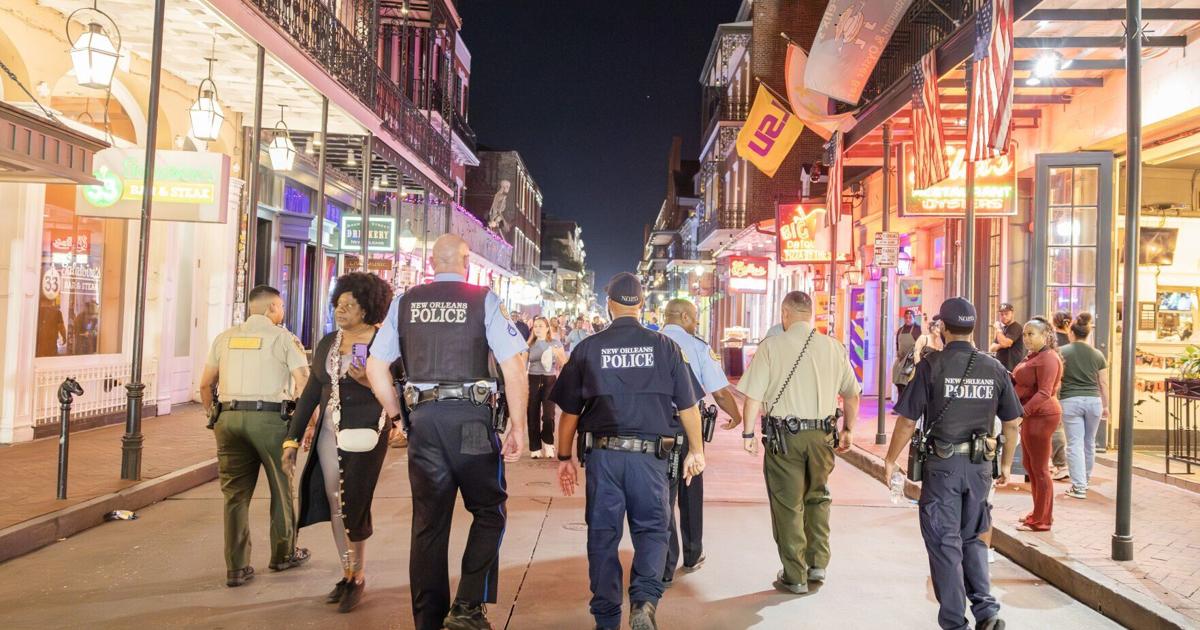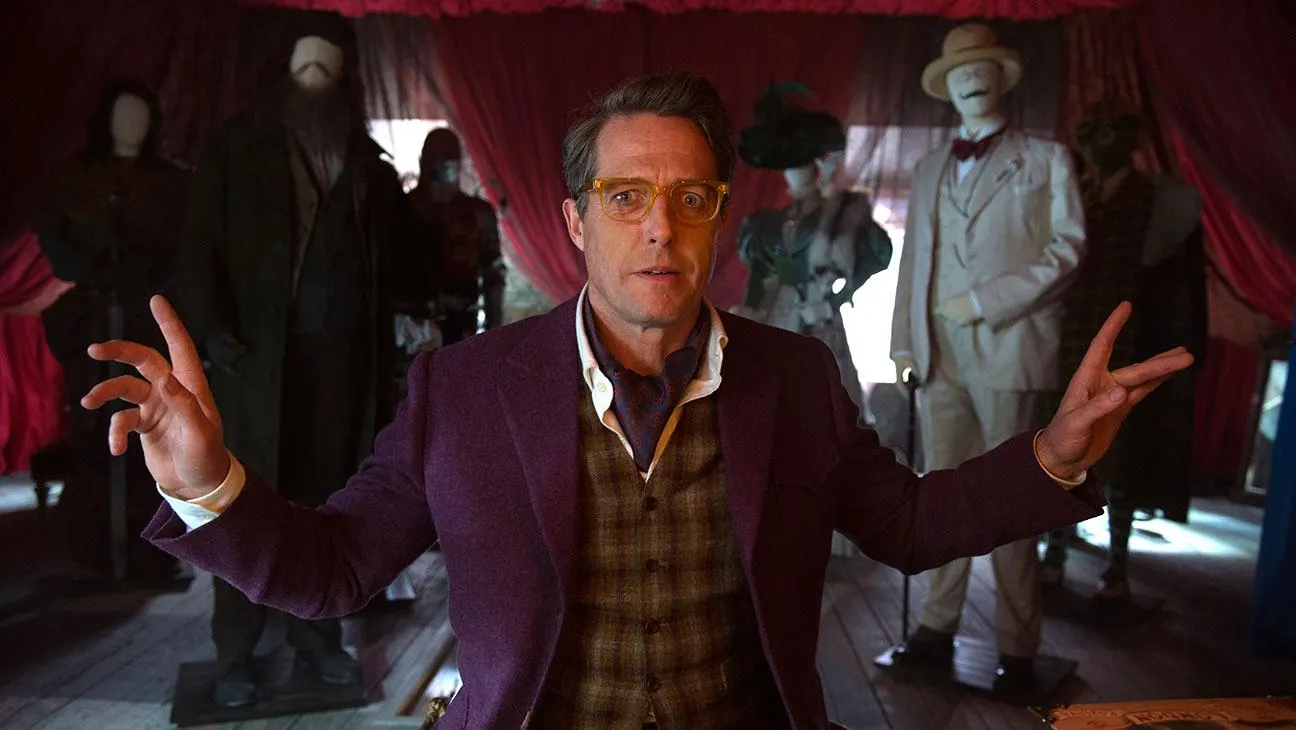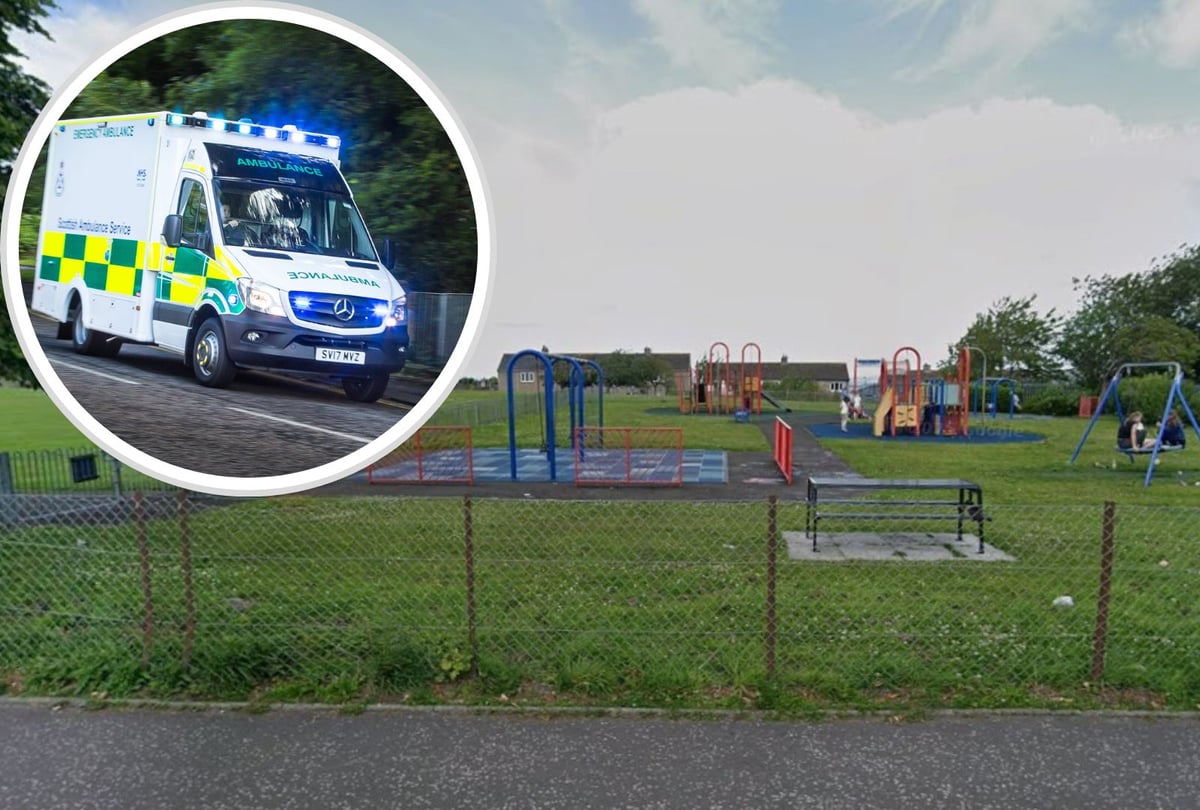Copyright Baton Rouge Advocate

A sense of optimism is in the air. New Orleanians are hopeful that lingering infrastructure and quality-of-life issues will finally be addressed by Mayor-elect Helena Moreno and the new city council. But they face additional stiff challenges intertwined with great opportunity. No issue can shatter momentum — or destroy lives — more quickly than violent crime. Let’s start with the state Legislature. In 2024, lawmakers passed a law allowing people 18 or older, without training or a background check, to carry a concealed weapon unless they are felons. Recognizing the danger to those visiting the French Quarter, local business and political leaders urged a limited carveout for the city’s “crown jewel.” After all, guns are already banned in bars, and much of the Quarter functions as an open-air saloon. The Legislature ignored the plea. The impact was immediate. Law enforcers lost the ability to conduct proactive gun enforcement. According to the Metropolitan Crime Commission, arrests involving weapons charges plummeted from an average of 33 per month before the law’s enactment to only 10 afterward — a 70% drop. That means more armed offenders are roaming Bourbon Street unchecked. The following year, the Legislature doubled down, allowing paradegoers to carry concealed weapons. Then it weakened restrictions near schools, rolling back the 1,000-foot gun-free zone surrounding a school’s actual property line. Does that sound safe? Meanwhile, state legislators ensure their own protection. Signs at the State Capitol warn: “Dangerous Weapons Prohibited” and “Visitors and Property Are Subject to Search.” How about granting the same level of safety to residents and tourists in the state’s iconic French Quarter, on parade routes and near schools? City policymakers, too, can take meaningful steps by prioritizing public safety over politics, starting with responsible use of facial recognition technology. This vital tool helps identify and locate known wanted suspects. When the technology is implemented properly, police obtain a judge’s warrant for a violent offender, use facial recognition to pinpoint the subject’s location, and make an arrest — preventing crime and saving lives. The technology has also proven its worth during times of crisis. When a jailbreak and a terrorist attack shook the city, facial and characteristic recognition helped authorities track down a fleeing inmate and locate bombs planted in the French Quarter. And the public is on board with the use of this resource. A New Orleans Crime Coalition survey found that 68% of residents support using facial recognition technology. Policymakers should listen to their constituents and empower the NOPD with this force multiplier. Implement facial recognition and make our streets safer. Recruiting is another urgent challenge. The NOPD force has fallen to 900 officers, including those on leave. That’s down from 1,226 in 2019. The department has seen a modest rebound in applicants thanks to social media outreach and platforms like LinkedIn, Facebook and Instagram. Highlighting positive images of the NOPD and using digital tools to engage prospects is helping attract new recruits. The business community is stepping up. Efforts are underway to better align NOPD recruiting with civil service processes, and local tech firm DXC even developed a free AI-powered recruiting app to assist the department. These partnerships show the kind of innovation that can strengthen police protection across New Orleans. But the city must go further: streamlining back-office bottlenecks, deploying top-tier digital marketing techniques and providing all necessary resources to accelerate recruitment and grow our force. Simply put, increased police presence reduces crime. We are at a crossroads. The path ahead demands that we improve and expand efforts to protect the public and save lives, equipping law enforcement with every available crime-fighting tool. Nothing can set New Orleans back more than unchecked violent crime — and nothing can propel it forward more than restoring safety and peace of mind.



